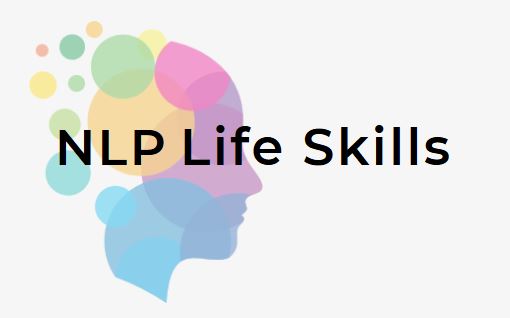Resilience is a crucial factor in personal and professional growth. It refers to the ability to withstand and recover from adversity, stress, and challenges. It is a key attribute that helps individuals and organizations to thrive in the face of difficulties and changes. Here are some reasons why resilience is important in growth:
Coping with Adversity: Resilient individuals are better equipped to handle the challenges and difficulties that come their way. They have the mental and emotional strength to overcome obstacles and keep moving forward, even in the face of adversity.
Mental Health: Resilience helps individuals maintain their mental health and wellbeing, especially in the face of stress and trauma. It enables people to manage their emotions, thoughts, and reactions in a healthy and productive manner, reducing the risk of depression, anxiety, and other mental health issues.
Learning from failure: Resilience helps individuals view failure as an opportunity to learn and grow, rather than as a setback. It encourages them to take risks, try new things, and embrace challenges as opportunities for growth and development.
Adaptability: Resilience helps individuals and organizations adapt to change and overcome obstacles in order to grow and succeed. Resilient individuals are better equipped to embrace new opportunities, adjust to new circumstances, and pivot when necessary.
Improved Relationships: Resilience enables individuals to maintain healthy relationships, even in the face of conflict and stress. It helps people communicate effectively, manage stress, and resolve conflicts in a constructive and positive manner.
The renowned psychologist and researcher Martin Seligman has made significant contributions to the study of resilience and positive psychology. He believes that resilience is a critical factor in overall well-being and success, and has dedicated much of his research to understanding the factors that contribute to resilience.
According to Seligman, resilience is important because it enables individuals to bounce back from adversity, maintain their mental and emotional health, and continue to pursue their goals and aspirations, even in the face of challenges and obstacles. He believes that resilience is a learnable skill, and that individuals can develop their resilience through specific practices and habits, such as positive thinking, mindfulness, and meaningful social connections.
Seligman has also emphasized the importance of optimism and hope in building resilience. He believes that individuals who maintain a positive outlook, even in the face of adversity, are more likely to be resilient and recover from setbacks and challenges more quickly.
In addition, Seligman has discussed the role of social support and relationships in building resilience. He believes that individuals who have strong, supportive relationships with family, friends, and community are more likely to be resilient in the face of adversity, as they have a network of support to rely on.
Overall, resilience is a crucial factor in personal and professional growth, helping individuals and organizations to withstand and recover from adversity and challenges, and to thrive in the face of change.




